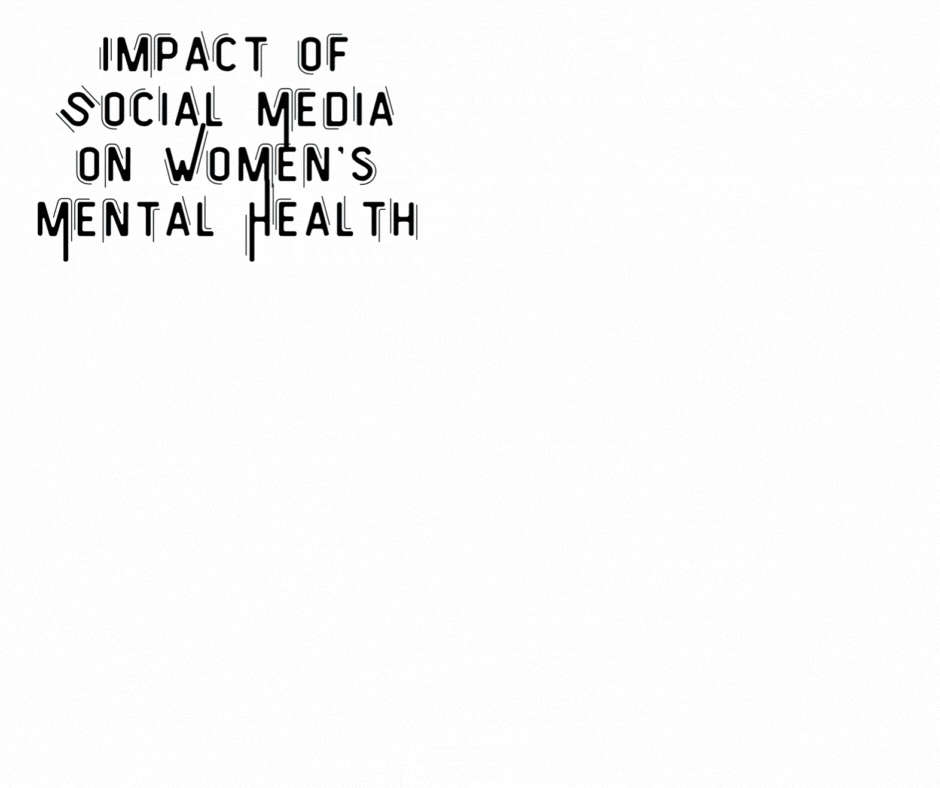In today’s digital age, social media has become an integral part of our daily lives. With just a few taps on our smartphones, we can connect with friends, family, and even strangers from across the globe. While social media has many positive aspects, such as providing a platform for networking and staying informed, it also comes with its own set of challenges, particularly when it comes to women’s mental health.
The Pressure to Conform
One of the biggest challenges that social media poses to women’s mental health is the pressure to conform to unrealistic beauty standards. With filters and editing tools readily available on platforms like Instagram and Snapchat, it’s easy for women to feel inadequate when comparing themselves to the flawless images they see online. This can lead to feelings of low self-esteem, body image issues, and even eating disorders.
The Comparison Trap
Another common issue that women face on social media is the comparison trap. It’s human nature to compare ourselves to others, but social media magnifies this tendency by showcasing the highlight reels of people’s lives. Women often find themselves feeling envious of their friends’ seemingly perfect relationships, careers, and lifestyles, which can lead to feelings of inadequacy and depression.
Cyberbullying and Online Harassment
Cyberbullying and online harassment are serious issues that many women have to deal with on social media. Whether it’s receiving hurtful comments on a post or being targeted by trolls, the anonymity of the internet can embolden people to say things they would never say in person. This kind of online abuse can have a devastating impact on women’s mental health, leading to anxiety, depression, and even thoughts of self-harm.
Over-reliance on Social Validation
Social media has conditioned us to seek validation from others in the form of likes, comments, and shares. For many women, their self-worth is tied to the amount of engagement they receive on their posts. This constant need for validation can be exhausting and can take a toll on their mental well-being, as their value is determined by the unpredictable whims of the online audience.
Protecting Your Mental Health
Despite the negative impact that social media can have on women’s mental health, there are steps that can be taken to mitigate these effects. It’s important to curate your social media feed and unfollow accounts that make you feel bad about yourself. Setting boundaries for your social media use, such as limiting screen time and taking regular breaks, can also help prevent burnout and anxiety.
Seeking Support
If you find that social media is negatively affecting your mental health, don’t be afraid to reach out for help. Talking to a trusted friend, family member, or mental health professional can provide you with the support and guidance you need to navigate the challenges of social media and protect your well-being.
Conclusion
In conclusion, social media can have a significant impact on women’s mental health, leading to issues such as poor self-esteem, comparison traps, cyberbullying, and over-reliance on social validation. By being mindful of the content you consume and setting boundaries for your social media use, you can protect your mental health and cultivate a positive online experience. Remember that your worth is not determined by the number of likes on your posts – you are so much more than your social media presence.

